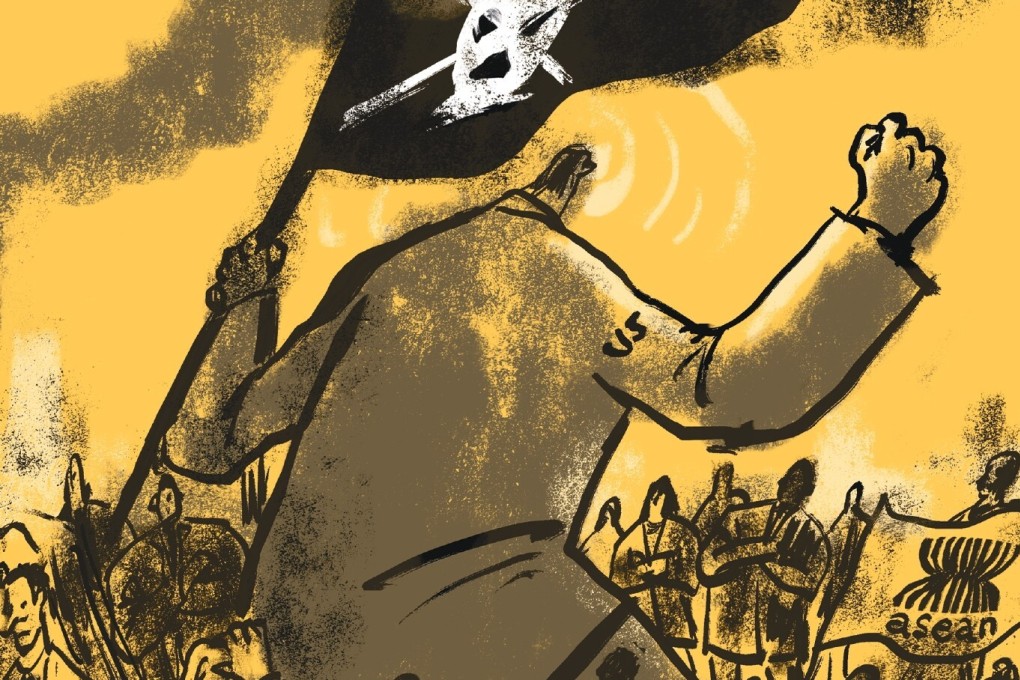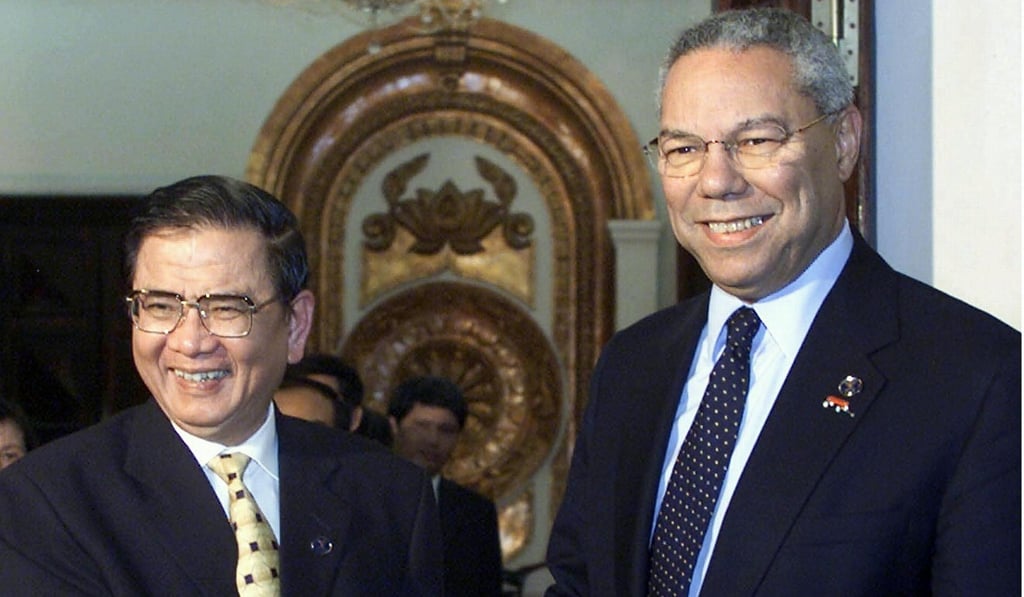Two decades after 9/11: was Southeast Asia’s support of the US war on terror worth it?
- The region largely welcomed greater US cooperation after 9/11, with the war on terror helping some Asean states to further their own agendas
- But the US failed to make the most of the engagement, experts say, and its torture of detainees left mixed messages about the values it was seeking to promote

The deadly terrorist attacks against the United States on September 11, 2001, prompted an outcry from around the world: “We are all Americans.” Washington’s policies realigned around fighting terrorism and bilateral relationships strengthened or crumbled depending on where other governments stood. In the sixth in a series about the legacy of September 11, Bhavan Jaipragas looks at Southeast Asia’s support of the US-led global counterterrorism effort.
Instead, much like the present-day top US government officials, Powell offered repeated assurances that the US was in fact a “Pacific nation” committed to advancing mutual interests by maintaining its economic and strategic presence in the neighbourhood.

These pacts were exceptions that did not serve US interests, but otherwise “people will see that we do want to participate in the larger world community”, Powell said.
